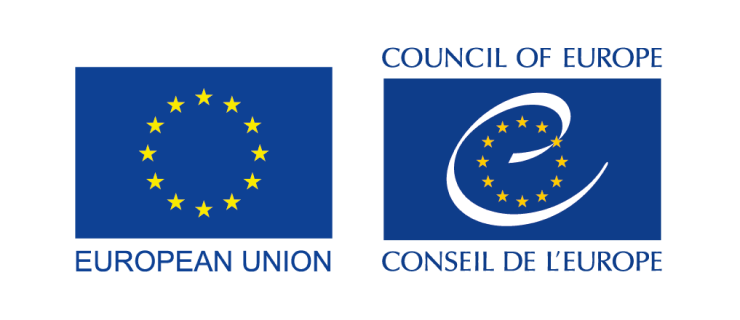Historical Sources Regarding History Education
Post-Conflict History Education in Finland, South Africa and Bosnia-Herzegovina
Sirkka Ahonen • Nordidactica -Journal of Humanities and SocialScienceEducation • 2013
Levels and forms of education
Lower Secondary Education
Upper Secondary Education
Resource type
Conceptual or themathic publications
Historic approaches concerned
Global History
Local History
Military History
Political History
Social History
Transnational History
Other Approaches
Historic period
21st Century
1990-2000
1900-1945
Countries or areas concerned
Finland, Bosnia and Herzegovina, South Africa
Languages
English
Description
A post-conflict society tends to get locked in a history war. As the practice of history in its broad sense is a moral craft, representations of guilt and victimhood prevail in social memory. The representations are often bolstered by mythical references, wherefore deconstruction of myths is expected from history education for the purposes of post-conflict reconciliation. This article deals with the post-conflict uses of history in Finland, South Africa and Bosnia-Herzegovina. The three cases constitute examples of a class war, a race conflict and an ethno-religious armed clash. The memory politics and history curricula differ between the cases. Their comparison indicates, how far an imposition of one ́truth ́, a dialogue of two ́truths ́ and segregation of different memory communities are feasible strategies of post-conflict history education. The article suggests that history lessons can be an asset instead of a liability in the pursuit of reconciliation.
Keywords
Difficult histories
Contested histories
Reconciliation
Class War
Religious conflict
Racial Conflict
Public memory
Social memory
